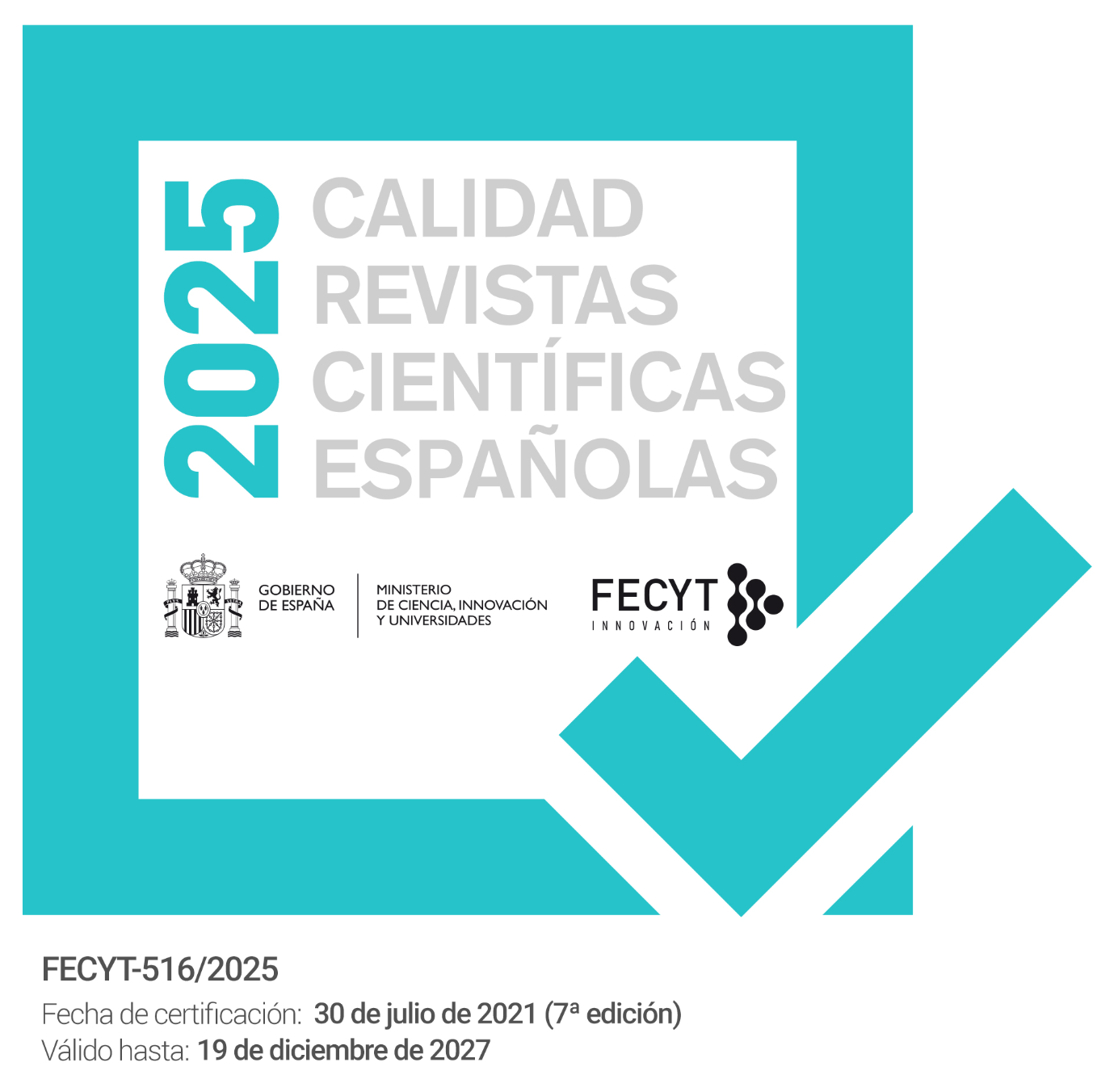Spanish America And The Royal Spanish Academy The Missing Latin American Words In Drae-01
Abstract
The aim of this paper is to bring to light some of the Latin American words that are not included in the Dictionary of the Royal Spanish Academy (DRAE-01). The Latin American words under study have been taken from 2010 Nobel Prize in Literature Peruvian writer Mario Vargas Llosa’s novel La tía Julia y el escribidor (1984). Latin American words are the words used in the Spanish American language that Peninsular Spanish speakers neither use nor know, and can only understand out of the context. Latin American words may come from different source languages, namely American languages, Castilian Spanish –but in this case the words are used with completely different meaning, archaisms, Gallicisms, Anglicisms, Italianisms, etc, which are very common in the Spanish American language. The way Latin American words are understood in this paper is grounded on Haensch and Werner’s (1978: 23) conceptual basis for their well known dictionaries of Latin American words. For purposes of lexicological and lexicographic analysis, a wide range of sources have been looked up, namely general dictionaries of the Spanish language, dictionaries of Latin American words, as well as general works and dictionaries from the diverse Spanish American dictionaries.Downloads
-
Abstract456
-
PDF (Español (España))832
The works published in this magazine are subject to the following terms:
1. The Publications Service of the University of Murcia (the publisher) preserves the economic rights (copyright) of the published works, and favors and allows the reuse of same under the license of use indicated in point 2.
2. The papers are published in the electronic edition of the magazine under a Creative Commons Attribution-NonCommercial-NoDerivative 3.0 Spain license (legal text). Papers may be copied, used, disseminated, transmitted and publicly exhibited if the following requirements are met: i) The authorship and the original source of its publication (magazine, editorial and URL of the work) must be cited; ii) The works cannot be used for commercial purposes; iii) The existence and specifications of this user license must be explicitly mentioned.
3. Self-archiving conditions. Authors can electronically disseminate pre-print versions (version before being evaluated) and / or post-print versions (version evaluated and accepted for publication). This makes possible its circulation and diffusion earlier and with it a possible increase in its citation and reach among the academic community. RoMEO color: green.









